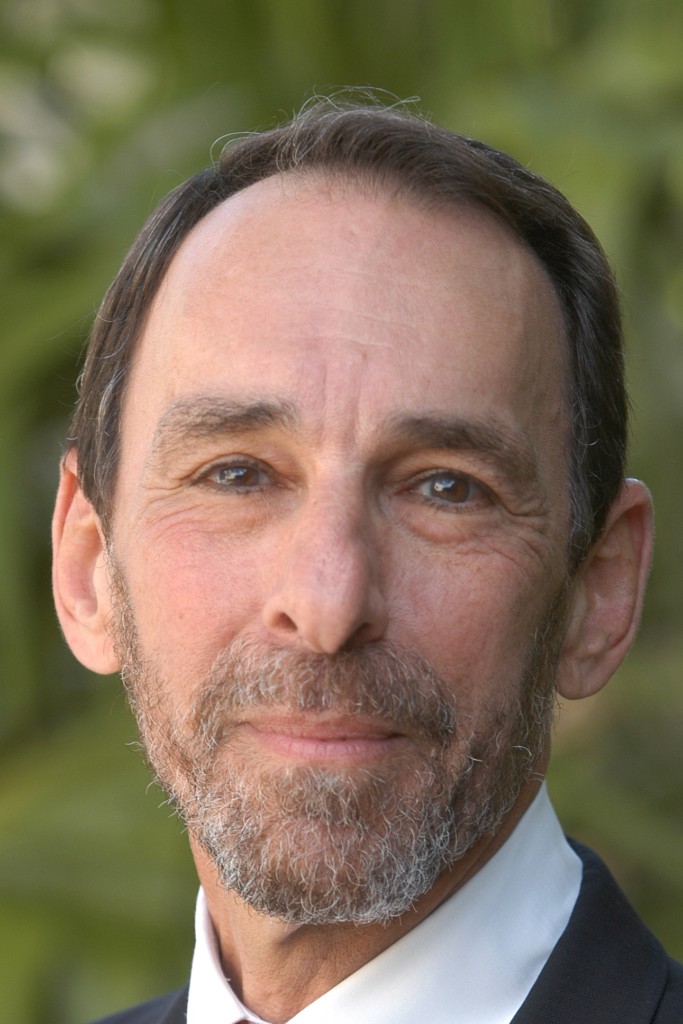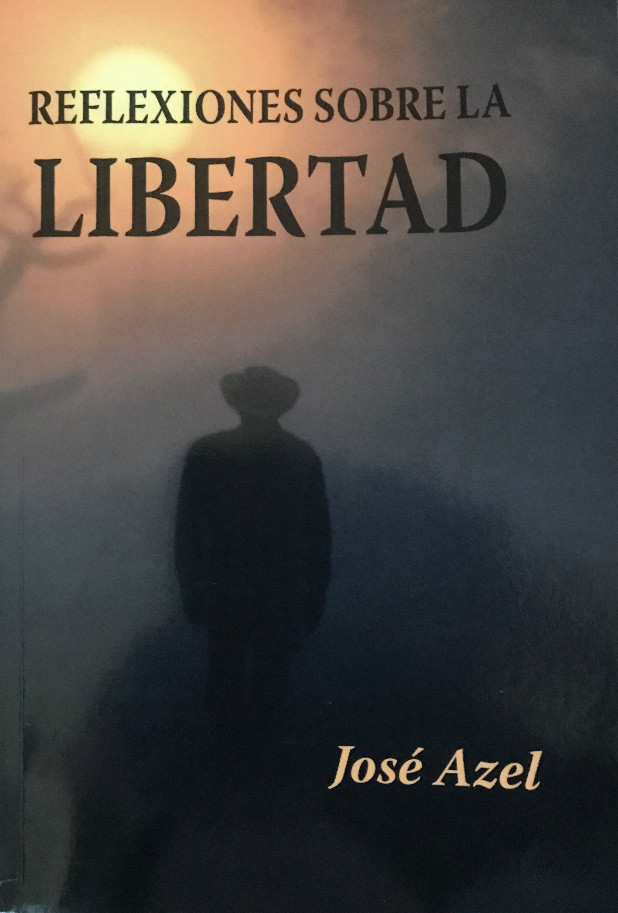| “In the history of the world, no one has ever washed a rented car.” The saying, attributed to economist Lawrence Summers, former President of Harvard, is a delightful metaphor for the relevancy of a culture of private property ownership in human affairs. A renter has little incentive to wash a car that he or she does not own, is returning to the rental agency, and will never drive again. On the other hand, a car owner has a much greater incentive to take good care of his car. Owners care and plan about the future. |
|
Private property has a distinguished and polemical intellectual pedigree. John Locke, the 17th century British political philosopher and father of classical liberalism, conceived private property as a “natural right” independent of government. “Every man has Property in his own Person…The Labour of his Body, and the Work of his Hands, we may say are properly his.”
In the 18th century, the moral philosopher and economist Adam Smith argued that property and civil government were dependent on each other, and that the main function of government was to safeguard private property ownership. And, in the 19th century, Karl Marx rejected private property outright stating in his Communist Manifesto that “…the theory of Communists may be summed up in a single phrase: Abolition of private property.”
Today, private property is a legal concept prescribed by a country’s political system for the ownership of property by individuals and non-governmental entities. As it turns out, property rights and national prosperity are intimately connected. Contrary to Marx’s theory, nations prosper when private property rights are clearly defined and enforced in favor of the right of individuals to own resources and use them as they see fit. In the 19th century, Marx did not have the benefit of the rental car metaphor and unfortunately, the Marxist view of property rights captivated much of the world in the 20th century.
But even more important than the now clear positive correlation between property ownership and economic development, is how private property serves to protect our freedoms. In his political treatise The Road to Serfdom, Austrian-British economist and philosopher Friedrich von Hayek, warns of the tyranny that inevitably results from government control of economic decision-making through central planning:
“The system of private property is the most important guaranty of freedom, not only for those who own property, but scarcely less for those who do not. It is only because the control of the means of production is divided among many people acting independently that nobody has complete power over us…”
Economists now realize that the broader and sounder the laws protecting property rights, the clearer the incentives to work, save, and invest. Thus, the stronger property rights are protected, the more efficient the operation of the economy, and the greater the creation of wealth. It is no longer economic orthodoxy that national development is subject to the presence or absence of natural resources. Development has occurred in countries with a scarcity of resources, and development has been dismal in countries rich in natural resources.
Studies show that a handful of institutional variables explain over eighty percent of the international variation in per-capita gross national income with property rights having the highest level of significance. (e.g., Richard Roll and John Talbott, “Why Many Developing Countries Just Aren’t”)
And yet, even “free market” governments are consistently weakening property rights with an onslaught of regulations affecting the use of private property. Regulations negatively impact economic activity because regulations interfere with private property rights and undermine the most effective allocation of resources. On average, GDP per capita is twice as high in nations with the stronger protection of property than in those providing only fairly good protection. (Lee Hoskins and Ana I. Eiras, “Property Rights: The Key to Economic Growth”)
But for most of us these economic studies are unnecessary to fully apprehend how a culture of private property ownership affects our decision-making. We just need to remember when we last washed a rented car before returning it to the car rental company.
Please let us know if you  this article. this article. |
|
We welcome your feedback.
Abrazos,
Lily & José
(click on the name to email Lily or Jose) |
|
|
|
|










No comments:
Post a Comment